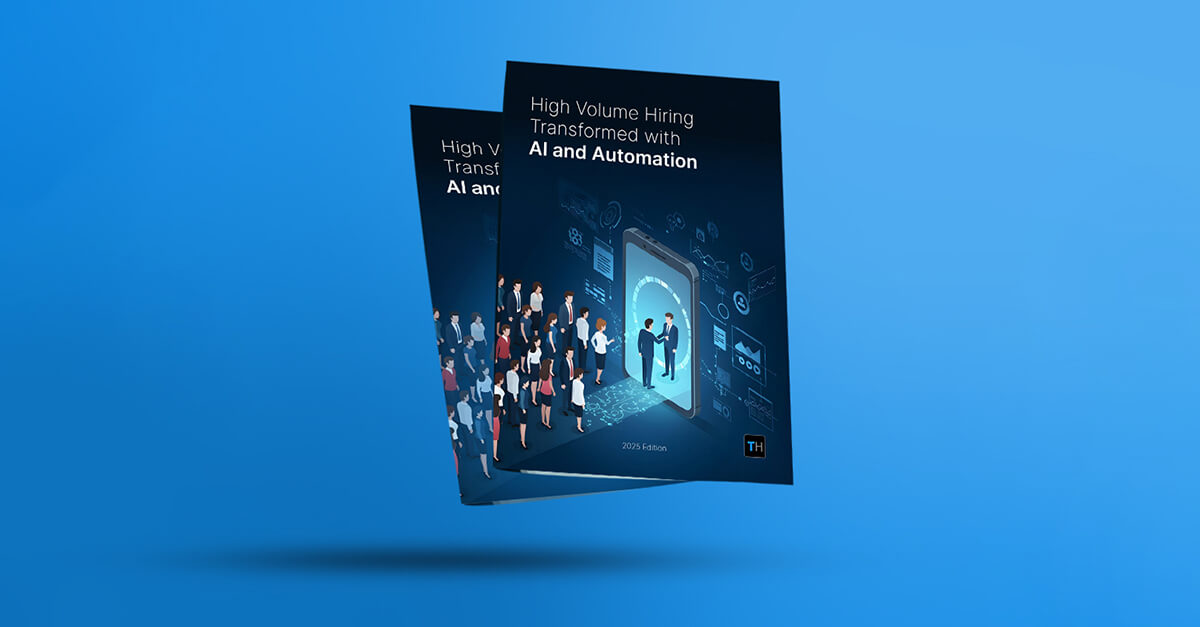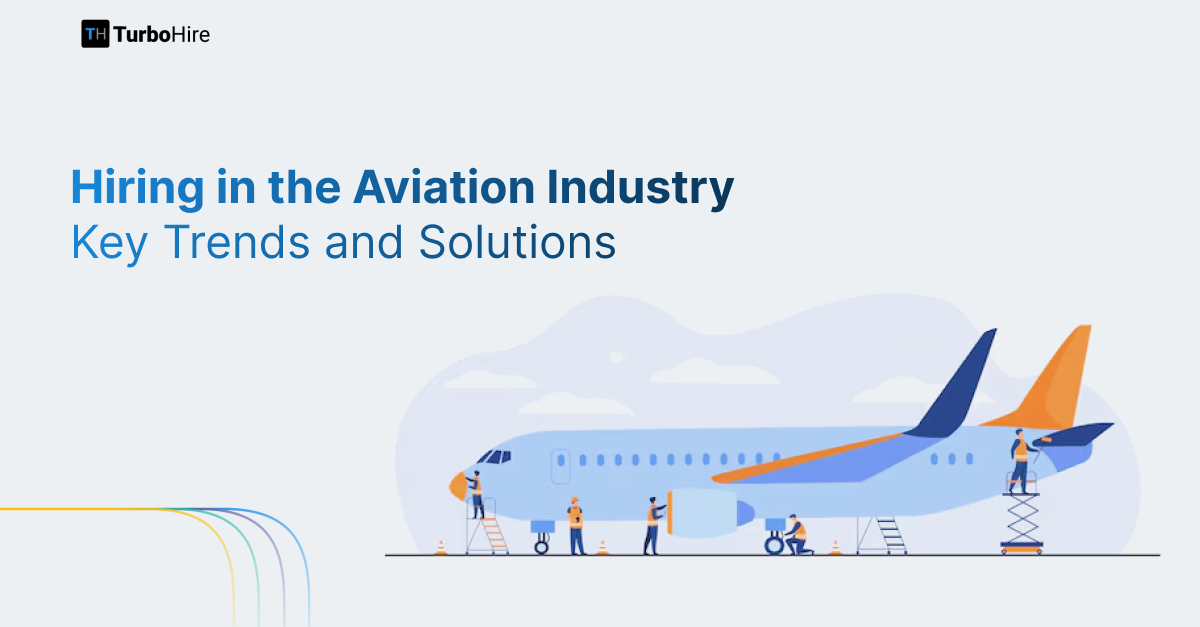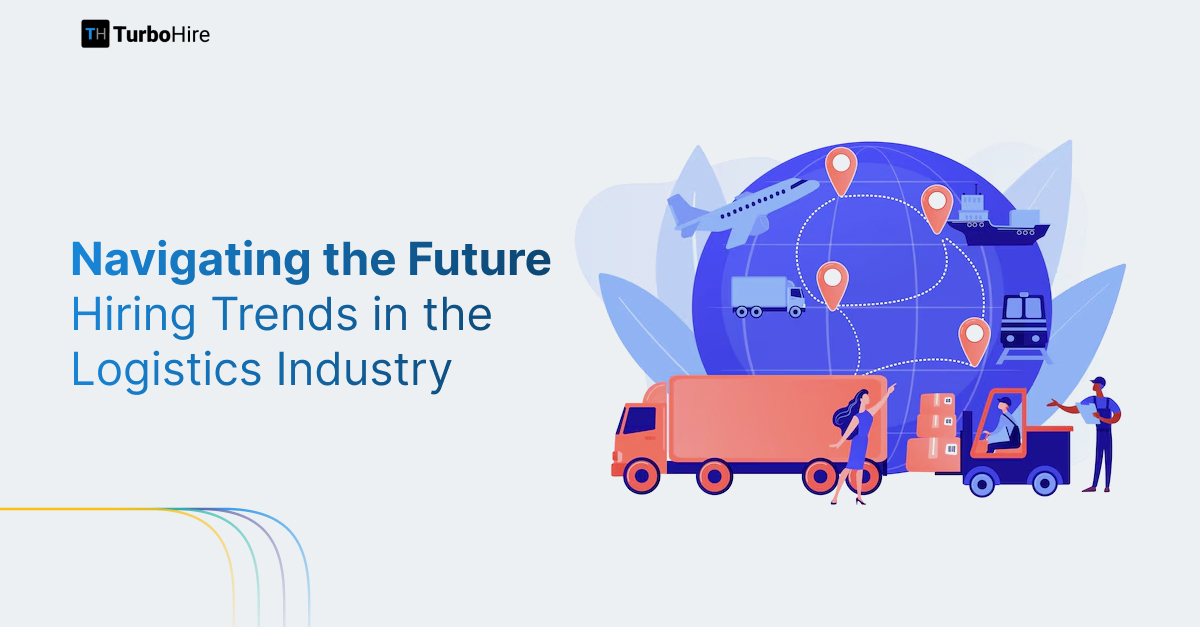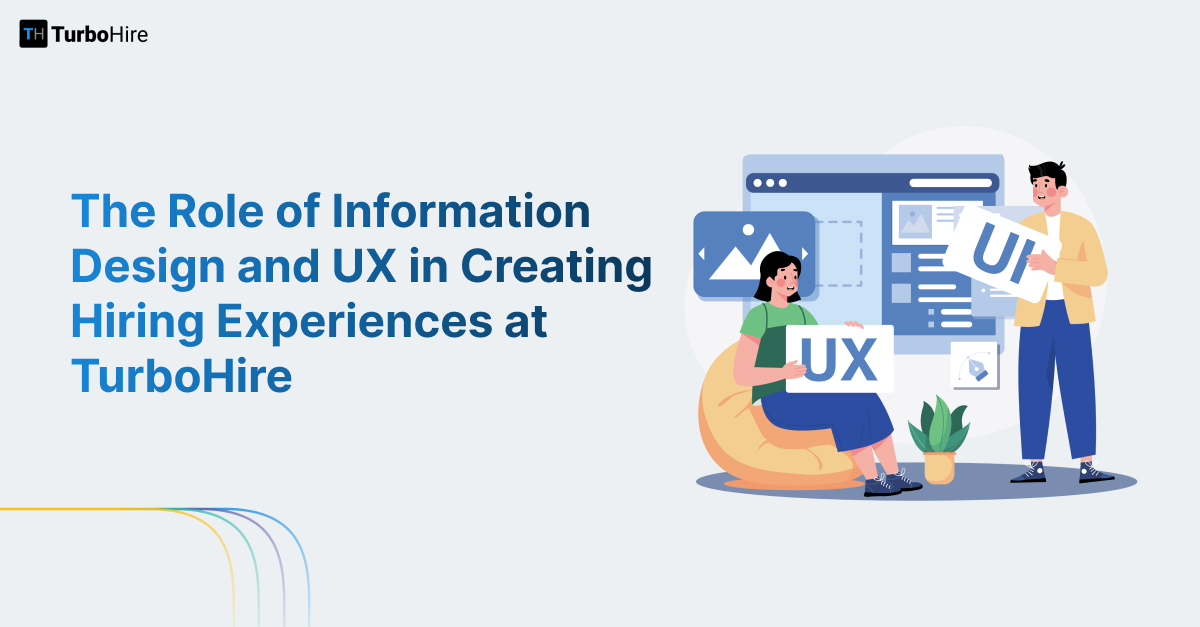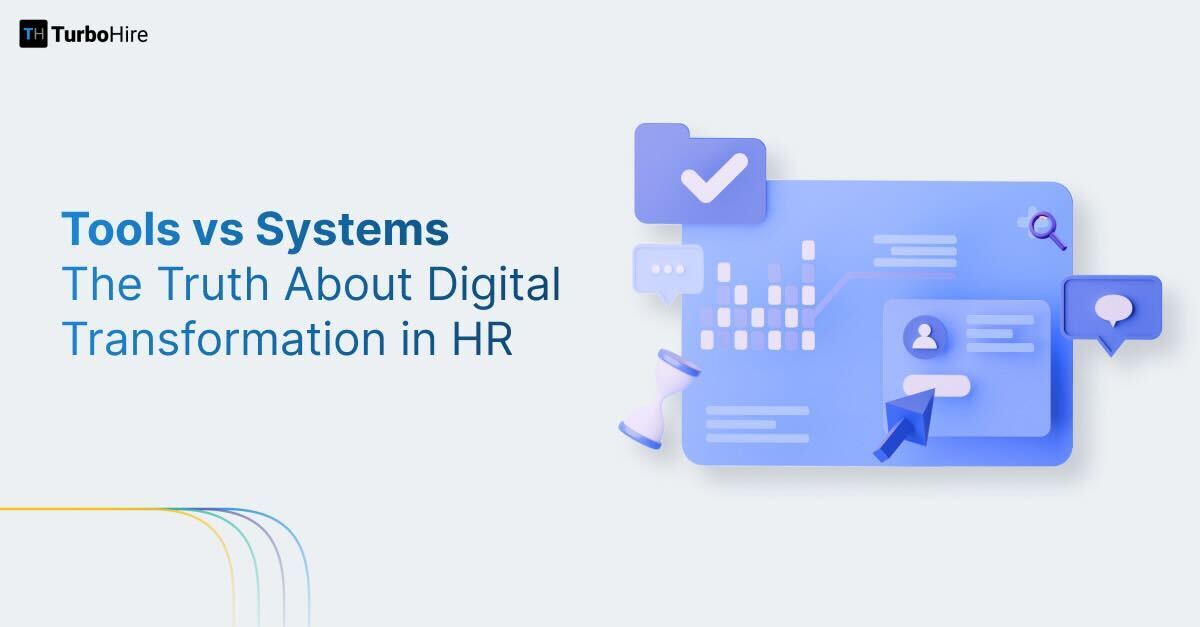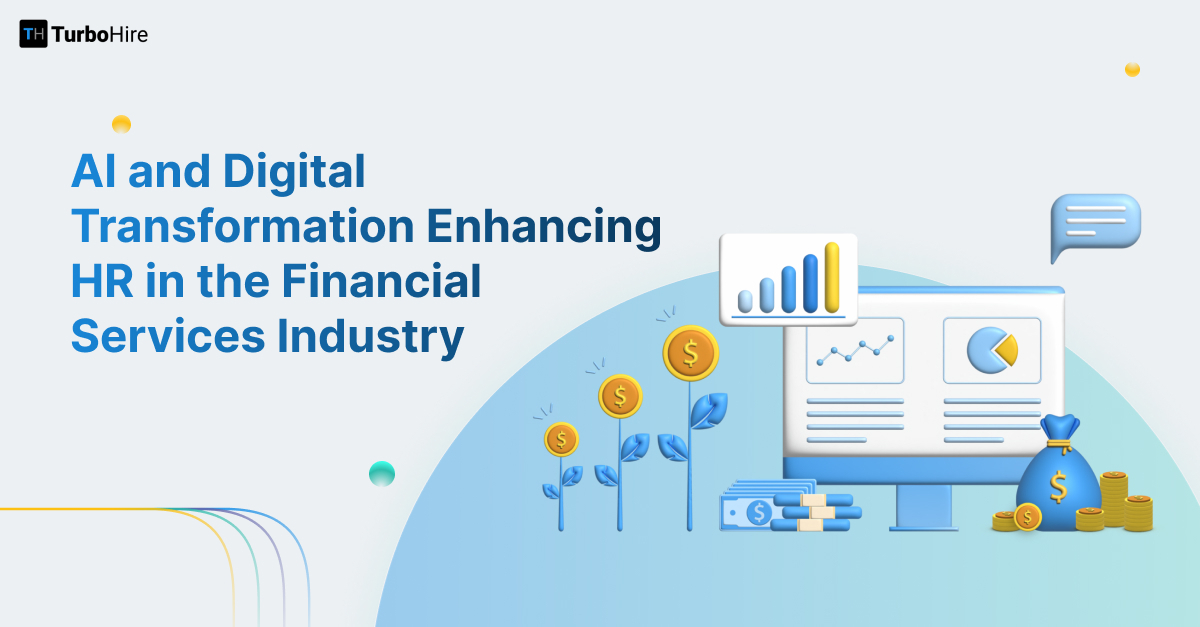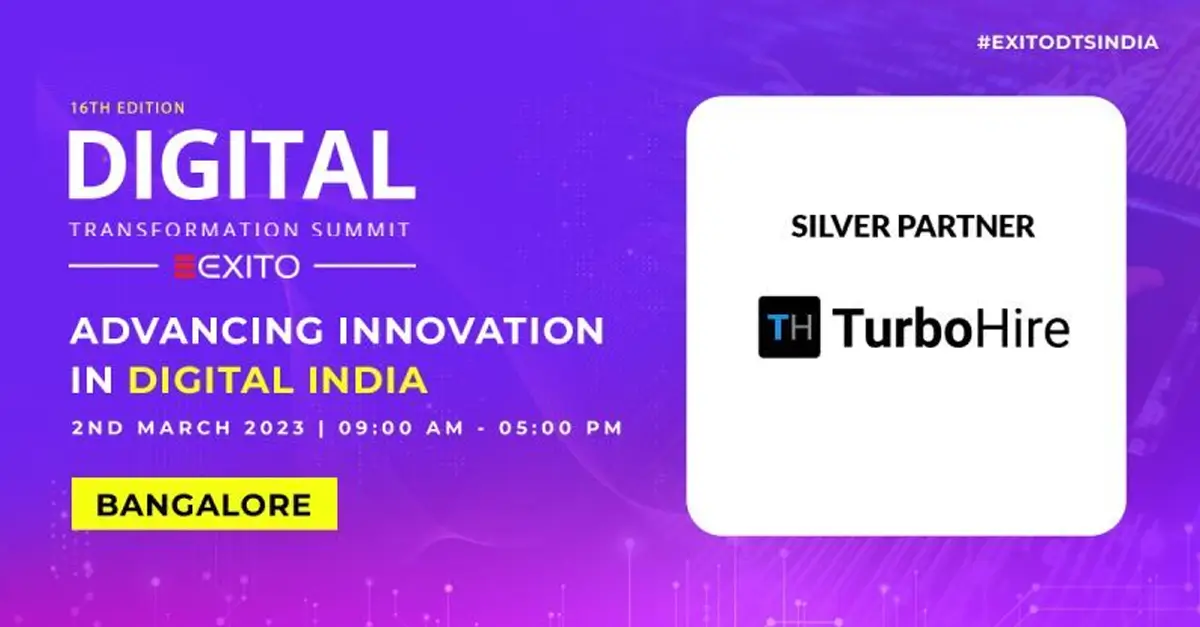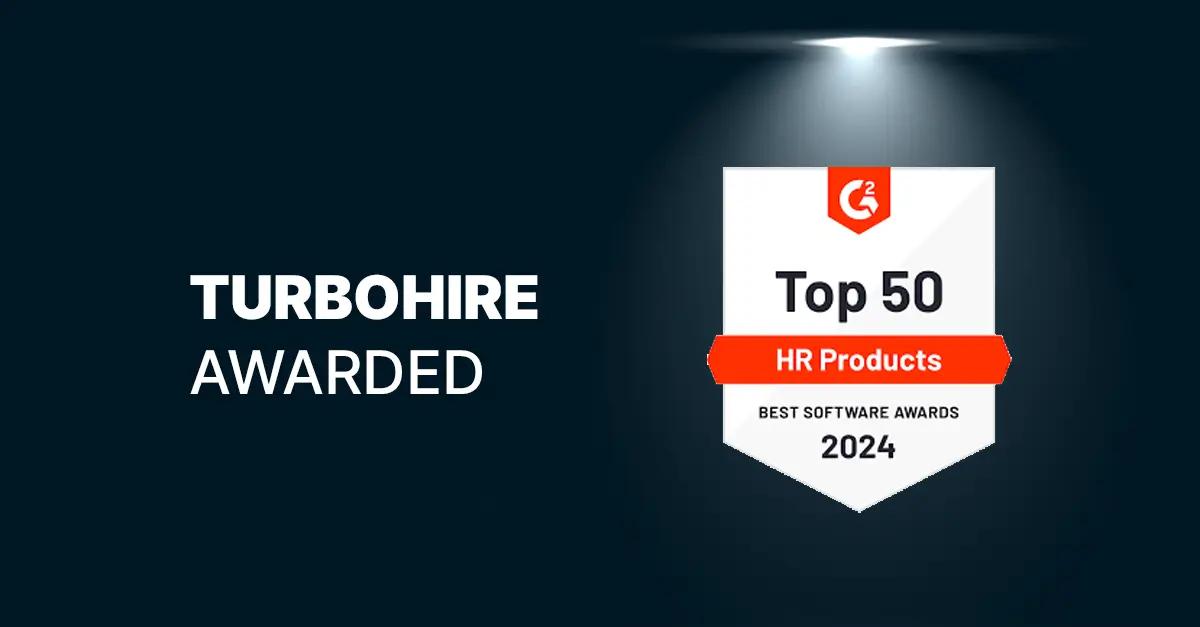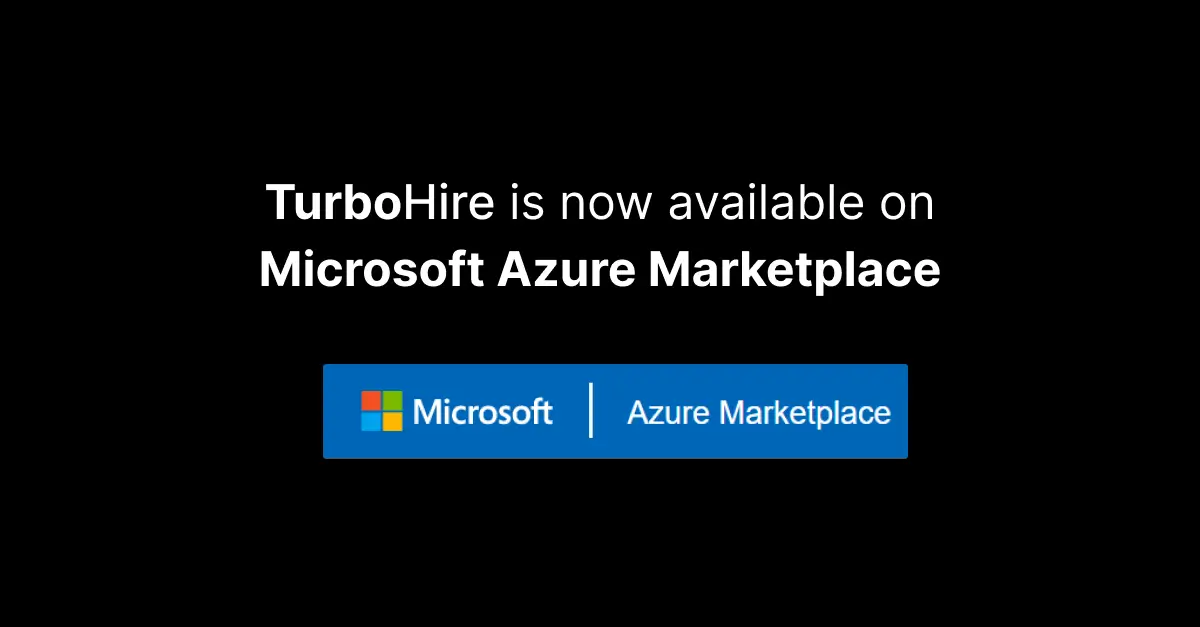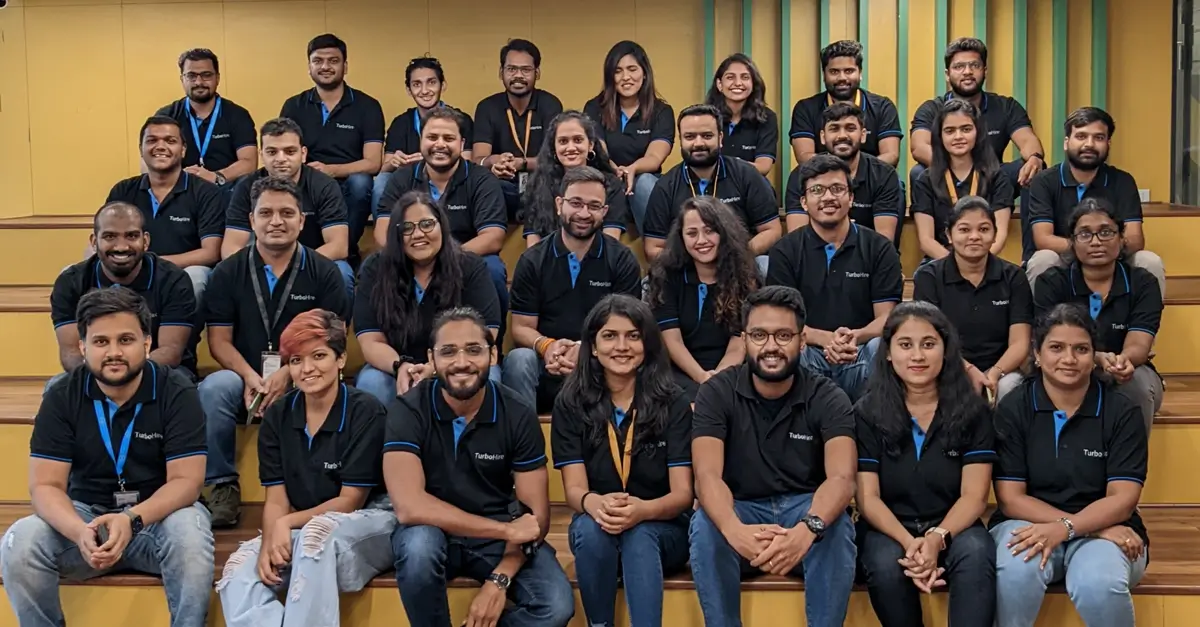Introduction
In the ever-evolving landscape of contemporary business, the strategic integration of key elements is crucial, with human capital taking centre stage as a pivotal component. The workforce serves as the linchpin of an organisation’s functionality, underscoring the imperative to not only discover and integrate but also maintain and engage exceptional talent to guarantee its triumph.
The concept of strategic hiring is increasingly recognized by major enterprises as a crucial component of their overall business strategy. This emerging acknowledgment underscores the importance of distinguishing between conventional recruitment efforts and the more comprehensive Talent Acquisition Strategy, which plays a critical role in shaping long-term business achievement. Companies are now valuing the distinction between these approaches, acknowledging the strategic significance of effective Talent Recruitment.
Central to this distinction is the consideration of immediate versus future organisational objectives. Traditional recruitment is often viewed as a short-term, reactive process aimed at promptly filling vacancies. Conversely, Talent Acquisition Strategy is viewed as a proactive, strategic, and holistic methodology that aligns with the organisation’s broader goals and human capital strategy. This approach requires the collaborative efforts of various organisational stakeholders, including recruiters, HR technology specialists, and hiring managers, all dedicated to the tasks of sourcing, attracting, interviewing, hiring, and integrating talent.
The impact of digital transformation in HR on talent acquisition strategies has significantly reshaped how organizations approach this comprehensive process. It transcends the basic objective of filling immediate job openings, representing a continuous effort to address both present and future staffing requirements, including roles that demand unique skills or high-level leadership. This forward-thinking stance is vital for businesses aiming to maintain a competitive advantage, ensuring an ongoing influx of talent poised to drive innovation and growth.
The essence of a robust Talent Acquisition Strategy lies in its ability to foster a resilient and dynamic talent pool, strategically propelling the organisation forward.By emphasising Talent Recruitment, businesses can meet their immediate needs while positioning themselves for future success. This perspective on human resources is crucial in today’s competitive business environment, where the quality of hire, Candidate Engagement, and Candidate Experience, facilitated by AI Recruitment Software and HR Technology, are key to differentiating a business from its competitors.
The Strategic Importance of Talent in Propelling Business Value
The Impact of Talent on Business Value Enhancement
This detailed analysis, as outlined in a white paper, Quality of Hire introduces a framework for understanding how business value is cultivated, emphasising the anticipation of future earnings as propelled by the efficiency of both tangible and intangible assets. Tangible assets are those physical entities such as machinery, infrastructure, and vehicles that are typically included in financial statements. In contrast, intangible assets, which encompass brand equity, customer relationships, intellectual property (IP), and proprietary technologies, often remain unreported in financial disclosures unless they have been acquired through business transactions. A pivotal insight from the document is its illumination of the fact that intangible assets, particularly the human element, are central to over 90% of the market valuation for industry leaders such as Meta, Google, Microsoft, and so on. This underscores the notion that the collective expertise and efforts of a company’s personnel form the bedrock of its intellectual capital, which can be viewed as the valuable legacy of the workforce’s cumulative achievements.
To effectively gauge the impact of investments in talent acquisition, it’s imperative to dissect the mechanisms through which a business accrues value. The white paper elucidates this through the lens of companies such as Raytheon, wherein a relatively small contingent of engineers spearheads the bulk of the company’s value generation. In stark contrast, consumer behemoths such as Coca-Cola and Procter & Gamble derive their most significant value from the creative and strategic endeavours of brand managers and product innovators. This dichotomy highlights the critical role of strategic staffing in these pivotal positions as a lever for optimising business performance. The flip side, however, is that misjudgements in hiring can introduce heightened risks and adverse impacts on the company’s health and growth prospects. Thus, the narrative strongly advocates for businesses to embrace a more nuanced and forward-looking approach to talent acquisition, with a keen focus on attracting and nurturing the talent that aligns most closely with their strategic objectives and value creation goals.
In essence, talent acquisition transcends mere recruitment processes to embody a strategic cornerstone vital for steering an organisation towards its desired future. It’s about making informed, visionary investments in people who will not just fill roles but propel the enterprise to new heights of innovation, market leadership, and financial success.” This perspective invites companies to rethink how they view talent acquisition, not just as a routine operational task but as a critical strategic initiative pivotal for long-term success and sustainability in an increasingly complex and competitive business landscape.
Creating a Connection Between Quality of Hires and Organisational Achievement
In today’s rapidly evolving job market, the integration of advanced HR technologies such as recruitment software, AI in recruitment, and recruitment automation has become a cornerstone for achieving a competitive edge in talent acquisition. These innovative tools offer a transformative approach to the hiring process, enabling organisations to not only streamline their recruitment workflows but also significantly improve the quality of hires. By automating mundane tasks and utilising AI to analyse data for patterns that predict job success, companies are better positioned to identify candidates who are not only a perfect fit for the role but also have the potential to contribute to the organisation’s long-term success. Measuring quality of hire in tech industries has become an essential practice in this context, highlighting the industry’s unique challenges and the critical role of HR technologies in overcoming them.
The use of HR-tech ensures a more efficient, unbiased, and data-driven recruitment process, which is crucial for maintaining high hiring standards and fostering a culture of excellence. As the landscape of talent acquisition continues to shift towards more strategic and analytical methodologies, it becomes imperative for all stakeholders, including upper management, HR, talent development teams, and line managers, to actively participate in enhancing the quality of hiring. This collective effort is vital for identifying the traits that signify a successful hire, thereby allowing organisations to build and sustain high-performance teams. Understanding and leveraging the capabilities of recruitment software and AI in recruitment processes are essential for any organisation aiming to thrive in the modern business environment.
Maximising Advantages Through Effective Talent Acquisition Strategy
Implementing a robust talent acquisition strategy equips businesses with the capability to attract the most proficient and talented professionals available in the marketplace, which is instrumental in elevating the overall performance and outcomes of the organisation. Let’s delve into how this strategic approach translates into substantial benefits for companies:
1. Securing Ideal talent
The essence of an effective talent acquisition strategy lies in its focus on securing the perfect match for every role, rather than simply filling positions in haste. This process entails a detailed evaluation of candidates, considering their skills, potential for future growth, and alignment with company culture. Such precision in the recruitment process leads to high-quality hires, reduces turnover rates, and fosters a more dynamic workplace environment.
2. Enhancing Market Competitiveness
A company’s workforce is undeniably its most significant asset. Attracting and retaining individuals with the right mix of skills and motivation is vital for maintaining operational excellence and driving innovation. This, in turn, establishes a formidable competitive edge. On the contrary, suboptimal hiring decisions can result in a disengaged workforce, undermining the company’s position and relevance in the market.
3. Economising Time and Financial Resources
Effective talent acquisition strategies are designed to offset the high costs associated with employee turnover. By focusing on candidates likely to succeed in the long run, companies can achieve considerable savings in both time and resources. The recruitment process, within the evolving recruitment landscape today,while resource-intensive, becomes an investment to secure top talent that significantly reduces long-term expenses.
4. Fostering Future Leadership
A forward-thinking talent acquisition strategy not only meets current staffing needs but also prepares for future leadership gaps. By strategically hiring individuals with leadership potential and the necessary skills for future success, companies invest in their long-term vision. This approach underscores the importance of comprehensive candidate evaluation to ensure new hires are primed for advancement and can contribute to the company’s growth and innovation.
The strategic integration of an effective talent acquisition strategy is pivotal for businesses aiming to secure a leading position in the competitive market landscape. By focusing on the long-term potential and fit of each candidate, companies can build a resilient and dynamic workforce capable of driving sustained organisational success and innovation.
Empowering SAP Users: The Impact of TurboHire and SAP SuccessFactors Integration on Enterprise Success
Leveraging the synergy between TurboHire’s advanced recruitment automation and SAP SuccessFactors comprehensive HCM suite via the SAP Store presents a transformative avenue for talent acquisition strategies. This integration empowers organisations with improved recruitment efficiencies, unparalleled candidate experiences, and the ability to make strategic, data-informed decisions, all while ensuring HR operations flow without interruption. The result is a streamlined hiring process that not only positions companies to attract and secure the industry’s best talent but also to maintain their engagement in an ever-evolving competitive field.
By adopting TurboHire’s innovative functionalities, businesses align their digital interaction and engagement strategies with the high standards expected by their present and prospective employees. This strategic move, facilitated by real-time SAP integration and enterprise SAP integration services, cultivates a foundation for recruitment distinction and enduring organisational achievement, showcasing the significant benefits for SAP users, particularly those utilizing the Enterprise Edition of SAP SuccessFactors.
5 Strategies for Crafting an Effective Talent Acquisition Plan
Creating an effective talent acquisition plan necessitates a customised approach that aligns with a company’s unique needs and objectives. Yet, there exists a universally applicable series of steps that any organisation can adapt to forge a successful talent acquisition framework.
1. Harness the Power of Talent Acquisition Analytics
The cornerstone of any robust talent acquisition strategy is a deep understanding of your organisation’s operational dynamics. Employing analytics enables recruitment teams to evaluate the organisation’s hiring needs over time, scrutinise historical turnover rates, and pinpoint seasonal fluctuations in hiring demand.
Moreover, the insights derived from talent acquisition analytics can play a pivotal role in identifying and addressing the root causes of high turnover rates, thereby enhancing recruitment efficacy. Recruiters can utilise a broad spectrum of recruitment metrics to refine their strategies and make informed, efficient hiring decisions.
2. Cultivate a Culture of Collaboration
The development of an outstanding talent acquisition strategy requires teamwork beyond the confines of the HR department, extending to other departments within the organisation. Such cross-departmental collaboration fosters a sharing of skills, expertise, and creative ideas, often leading to groundbreaking innovations that can significantly enhance operational processes.
In the context of talent acquisition, insights from the marketing department on attracting potential candidates through digital marketing and inbound recruiting tactics can be invaluable. Moreover, current employees can offer critical insights into the company culture and what makes the organisation attractive to potential hires, providing a richer, more nuanced perspective to inform strategy development.
3. Embrace Cutting-Edge Technology
The adoption of HR technology has become indispensable. Talent acquisition software streamlines tedious tasks, enabling recruiters to concentrate on engaging with top candidates. This shift from manual, low-value tasks to more strategic activities is crucial for attracting premier talent to the organisation.
Additionally, advanced talent acquisition platforms offer sophisticated candidate screening and soft skill assessment capabilities, minimising human bias in the recruitment process. The integration of AI in recruitment tools is rapidly becoming essential, making the use of AI-powered software a key component of a cutting-edge talent acquisition strategy.
4. Elevate Your Employer Brand
A compelling employer brand is fundamental to the success of your talent acquisition efforts. Research from LinkedIn indicates that 80% of hiring leaders believe employer branding significantly impacts their ability to attract exceptional talent. Given that top candidates often have multiple offers, they tend to evaluate potential employers based on cultural fit and overall attractiveness. Thus, investing in a strong employer brand is crucial for drawing in top-tier talent and securing the organisation’s future success.
5. Prioritise Candidate Engagement
Top talent typically remains available for a mere 10 days, underscoring the importance of maintaining candidate engagement throughout the hiring process. Swift action is necessary upon identifying the most promising candidates. Effective candidate engagement strategies require a transparent overview of the recruitment process and its critical touchpoints.
Every interaction with candidates, from application acknowledgments to updates on their status and rejection communications, should be designed to provide a positive experience. The manner in which candidates are treated during the recruitment journey can significantly influence their decision to accept or decline an offer, shaping their long-term perception of your organisation.
By adhering to these guidelines, companies can craft a tailored, effective talent acquisition strategy that not only meets their immediate hiring needs but also lays the foundation for sustained organisational growth and success.
7 Strategies for Leveraging Talent Acquisition to Enhance Business Performance
Understanding the crucial role of effective talent acquisition strategies in achieving long-term business success is more important than ever. Beyond merely filling vacancies, a strategic approach to talent acquisition can significantly reduce staff turnover, boost employee morale, enhance productivity, and thereby positively impact a company’s financial performance. With advancements in HR technology and AI Recruitment Software, companies now have unprecedented opportunities to refine their hiring processes. Integrating HR technology with corporate strategy for optimal results is a key factor in this evolution. Here’s a closer look at seven innovative strategies that leverage HR technology to enhance talent acquisition and drive business growth.
1. Strategic Vision in Talent Recruitment
Talent recruitment should not be perceived merely as a mechanism to fill gaps but as a strategic conduit for realizing corporate ambitions. Innovative approaches to talent recruitment in creative industries ensures that a clearly defined talent recruitment strategy is in harmony with your business objectives, laying the groundwork for assembling a team capable of propelling your business to new heights. It transcends a mere talent recruitment agenda, representing an investment in the enterprise’s future by fostering innovation, enhancing productivity, and nurturing a committed workforce. This alignment is where the quality of hire becomes paramount, emphasizing the need for strategic planning and the use of an AI-powered recruitment software for efficient hiring in 2024 to align talent sourcing with long-term business goals.
2. Cultivating a Robust Employer Identity
Recent studies indicate that 75% of job seekers evaluate2 an employer’s reputation before applying, underscoring the transformative power of a compelling employer brand in talent acquisition. It serves as a beacon, attracting top-tier talent by vividly portraying the organisation’s ethos, culture, and opportunities. This magnetic pull not only widens the talent pool but also bolsters business outcomes, as employees aligned with your brand are more likely to exhibit higher engagement, productivity, and loyalty.
To assess the efficacy of your employer brand, consider what distinguishes your organisation — its mission, culture, and employee value proposition. Monitoring engagement with your brand across various channels and analysing application and turnover rates can provide insights into your brand’s health. Furthermore, feedback from existing employees and candidates can reveal whether your organisation is perceived as an authentic and progressive workplace. A vibrant and resonant employer brand is instrumental in attracting and retaining the finest talent.
3. Embracing Data-Driven Recruitment Practices
Adopting a data-centric approach to talent acquisition can significantly elevate your business’s trajectory. It involves harnessing data to enrich the recruitment pipeline and inform strategic hiring decisions, thereby attracting candidates who are in sync with your organisational goals and culture. Recruitment analytics emerges as a crucial element, guiding the optimization of your talent acquisition strategy by identifying effective sourcing channels, evaluating the quality of hires, and forecasting hiring needs, ensuring your recruitment efforts are continually aligned with evolving business demands.
4. Strategic Talent Sourcing and Evaluation
Strategically sourcing and assessing candidates is fundamental to securing the right talent. This involves canvassing diverse talent reservoirs, leveraging professional networks, social media, and job boards, and utilising recruitment technologies to refine your search. A comprehensive candidate evaluation framework, encompassing interviews, skill assessments, and reference checks, is pivotal in determining role and culture fit.
Maintaining open lines of communication with candidates throughout this process enhances their experience and yields insights for refining recruitment strategies. This strategic approach, supported by AI and data analytics, enables a more efficient and effective recruitment process, improving the overall quality of hires.
5. Championing Employee Development
Prioritising employee development is a strategic move with dual benefits: it attracts top talent and propels business success. It’s about more than just enhancing skills; it’s about fostering engagement, loyalty, and brand advocacy among your workforce. Offering diverse learning opportunities and embedding a culture of continuous improvement positions your organisation as a desirable employer, driving productivity and business outcomes.
6. Prioritising Skill-Based Hiring
Skill-based hiring prioritises the essential competencies essential for success in a role, facilitated by HR technology, AI recruitment software, and abilities needed for a role over traditional credentials, offering a fairer, more effective way to identify talent. This approach enhances job satisfaction, productivity, and inclusivity, contributing positively to business performance and diversity. Implementing skill-based hiring requires a shift in recruitment practices, supported by HR technology that can objectively assess and match skills to job requirements.
7. Integrating Advanced Recruitment Technologies
Leveraging cutting-edge recruitment technologies is indispensable in the digital age, streamlining the talent acquisition process and aligning it with strategic business outcomes. These technologies enhance efficiency and quality of hire, design a candidate experience that attracts top talent, and facilitate quicker, more informed hiring decisions, thereby driving your business forward. An adept talent acquisition strategy, thus, extends beyond filling immediate vacancies to serving as a strategic lever for business growth, directly influencing your company’s bottom line.
By embracing these seven strategic approaches, organisations can utilise HR technology and AI recruitment software to transform their talent acquisition processes. This alignment not only optimises the quality of hire but also integrates talent strategy with overarching business objectives, leading to sustained success and growth. Keeping abreast of HR Trends in 2024 is essential in this dynamic environment, ensuring that strategies remain relevant and effective.
Conclusion
In conclusion, the journey through the intricate landscape of talent acquisition reveals its profound influence on business growth and sustainability. Beyond the act of recruitment, talent acquisition emerges as a strategic linchpin, pivotal for moulding the future trajectory of businesses. It intertwines with the very fabric of organisational success, fostering an environment where innovation thrives, and competitive edges are sharpened. This comprehensive exploration underscores the necessity for organisations to not merely view talent acquisition as a supplementary function but as a central strategic initiative.
The strategies and insights shared herein illuminate the path for businesses to harness the full spectrum of benefits that a refined talent acquisition process offers. From cultivating a robust employer brand to leveraging data-driven recruitment practices and prioritising skill-based hiring, each strategy serves as a crucial component in the blueprint for business excellence. These approaches enable organisations to not only attract but also retain the crème de la crème of talent, thereby ensuring a dynamic workforce poised to meet both current and future challenges.
Embracing talent acquisition as a strategic endeavour requires a paradigm shift, moving beyond conventional recruitment methodologies towards a more holistic and forward-thinking approach. This shift is essential for building a resilient, adaptable, and innovative workforce, ultimately driving business outcomes that transcend expectations. As we look ahead, the role of talent acquisition in sculpting the landscape of business success is undeniable, marking it as an indispensable ally in navigating the ever-evolving corporate world.
In essence, the discourse on talent acquisition transcends traditional boundaries, offering a beacon for organisations aiming to achieve unparalleled growth and market dominance. By embedding strategic talent acquisition at the heart of business planning and execution, companies can unlock the door to a future replete with achievements, innovations, and a lasting competitive advantage. The time is now for businesses to embrace these strategies, charting a course towards a prosperous and sustainable future powered by the unmatched potential of human capital.
